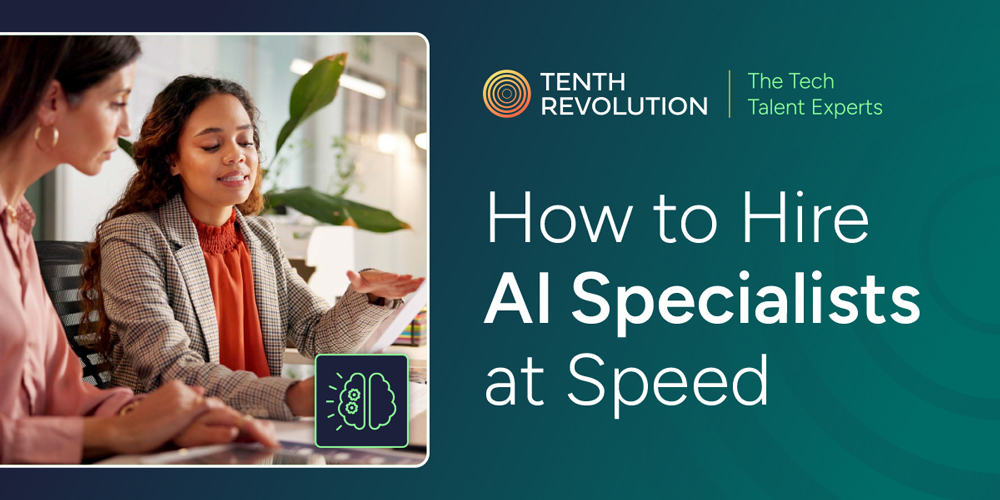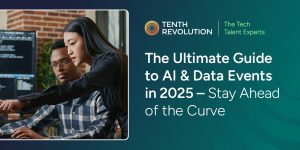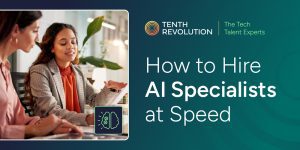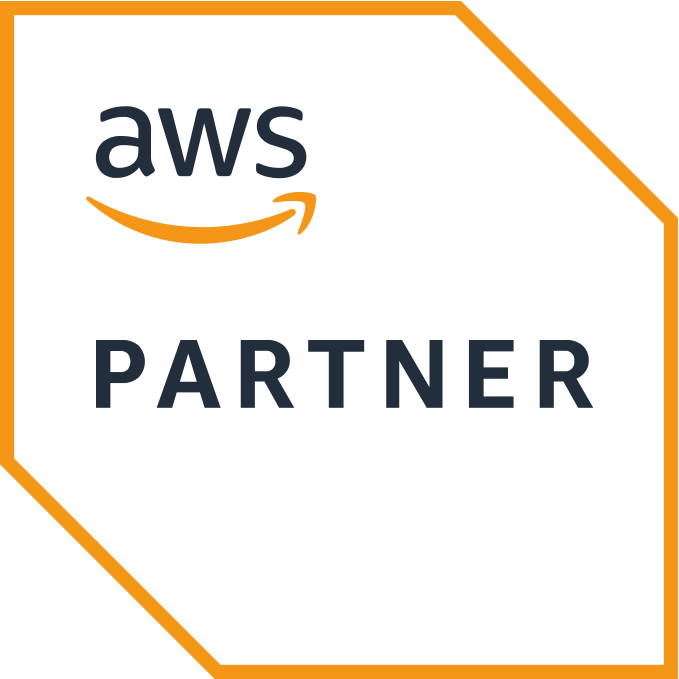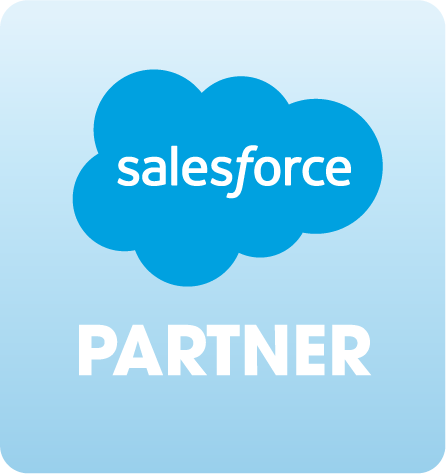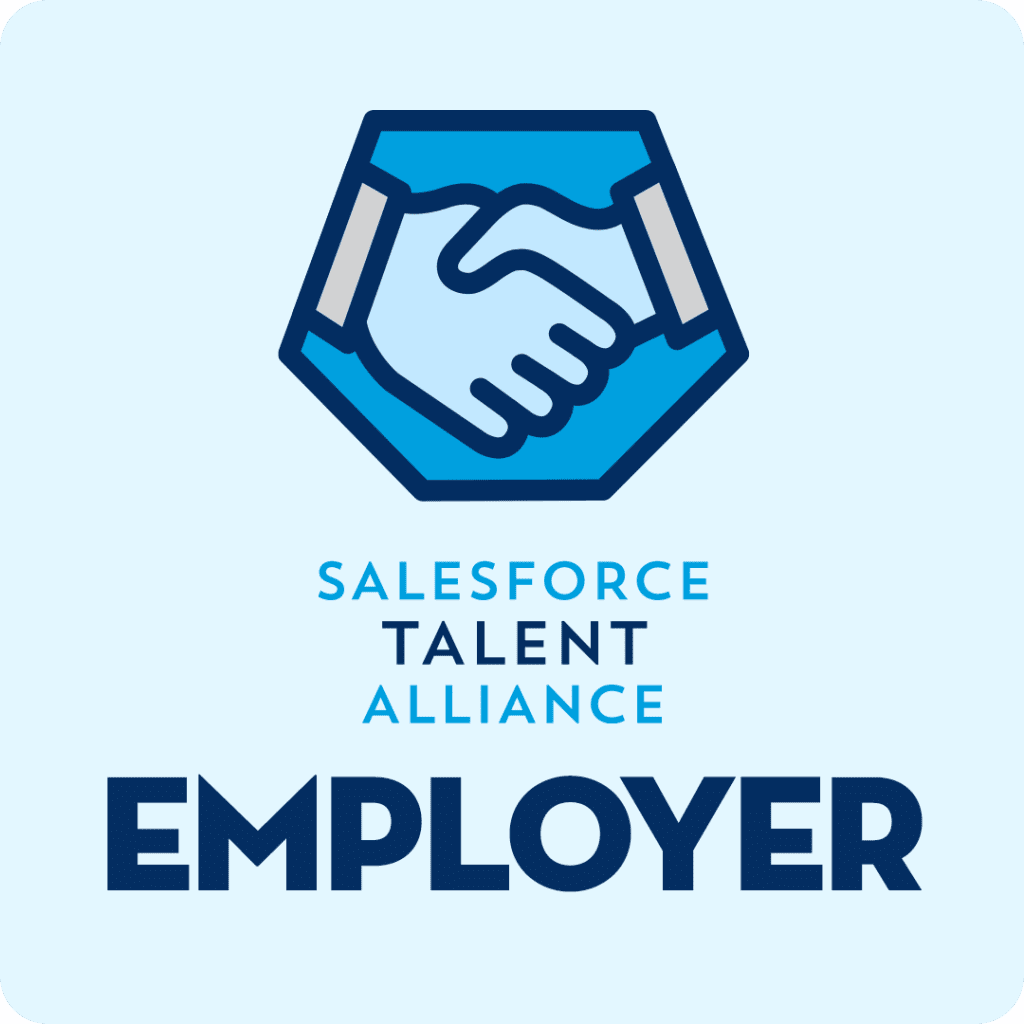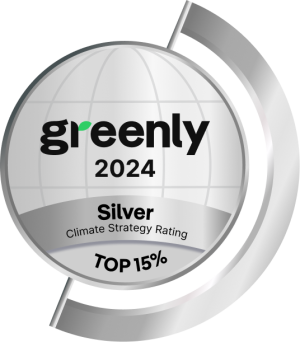Artificial Intelligence (AI) is transforming businesses across industries and becoming a critical driver of innovation and competitive advantage for organizations worldwide.
With this in mind, it’s little surprise that reports suggest as many as 60% of businesses plan to increase their AI adoption in 2025 alone. But this rapid adoption of the technology has led to a surge in demand for the skilled talent that can deliver these business-critical projects, leaving firms scrambling to secure the right specialists to support their initiatives.
Take Generative AI projects, for example. In the Jefferson Frank Careers and Hiring Guide: AWS Edition, we found that just a third (33%) of AWS professionals have had professional experience working with Generative AI, yet over three-quarters (77%) of employers are planning Gen AI-related AWS projects in the coming year.
The speed of technological advancement—combined with accelerated industry-wide adoption, a surge in government and private investment in AI, a global focus on digital transformations and the subsequent shift toward digital-first strategies—means that speed and efficiency can be essential when hiring AI talent.
But amidst an ultra-competitive hiring landscape, how can you optimize your hiring approach to ensure your organization successfully attracts top AI specialists—and fast?
Explore our industry-leading Careers and Hiring Guides
Define Your AI Needs Clearly
Define Your AI Needs Clearly
Before diving into recruitment, it’s crucial to identify the specific AI skills and expertise your business requires.
Define your job title and spec
AI is a broad field, so to clearly define the role you’re hiring for, it’s important that you first have a firm grasp of the types of roles that exist within the field.
AI job titles can vary significantly—what one company calls a “Deep Learning Engineer” might be labeled a “Computer Vision Specialist” at another. So providing thorough job descriptions that clearly define the role—whether it’s a data engineer to structure vast datasets, a machine learning engineer to develop predictive models, or an NLP specialist to enhance chatbot capabilities—ensures you target the right talent from the start.
But don’t stop there. Include a detailed job spec that focuses on outcomes, highlighting how the role ties into business growth—will the specialist be helping to build a new product, for example, or perhaps automate a range of internal processes? How does this drive your wider organizational goals, and what direct impact will your new hire be able to make?
Be sure to detail the team structure of your AI projects, too. AI professionals rarely work in silo, instead collaborating with a range of other stakeholders and technical teams. Mapping these project requirements and reporting lines early ensures you’re giving prospective hires the complete picture from the off—the more compelling your AI roadmap is, the more likely you are to stand out to a specialist with multiple offers on the table. After all, AI professionals want to solve real-world problems, so showcase your practical use cases and don’t keep any secrets!
Define your skill requirements
Of course, the other key piece of the puzzle is defining your desired skill set—both in terms of the technical capabilities you require and the soft skills that will best serve your team.
While your technical requirements will be dependent on the specific role you’re recruiting for, as a rule of thumb, the key technical skills to look out for on resumes and in interviews include:
- Programming language and frameworks
- Cloud and DevOps
- ML/DL
- Data processing and handling
- Analytics, mathematics, and statistics
- Algorithmic foundations
While this technical expertise is essential, do not overlook those all-important soft skills. Successful AI professionals are not only technically proficient but also adaptable, creative problem solvers who thrive in dynamic environments.
Candidates with strong communication and collaboration abilities are more likely to integrate well with existing teams, making them invaluable in long-term projects. Additionally, those who excel in logical thinking and deductive reasoning will be most naturally suited to implementing creative AI solutions that meet our business’s needs.
Rethink Your AI Recruitment Process
With a hotly contested demand for a limited number of specialists, it’ll come as little surprise to learn that AI candidates often receive multiple offers.
This means that a prolonged, drawn-out hiring process could cost you top talent. In other words, the faster you move, the better your chances of securing the candidates you need.
Of course, this doesn’t mean fast-tracking the very first candidate you interview. Instead, it’s about focusing on efficiency and responsiveness across your hiring process, ensuring swift feedback loops, timely offers and negotiations, and perhaps most importantly, a structured interview process.
To begin, review your current hiring timeline and identify areas where unnecessary delays occur. Whether it’s waiting too long to schedule interviews or slow decision-making after assessments, reducing these gaps is critical.
Next, focus on your approach to interviews. When interviewing candidates for AI roles, the conversation should be structured around three fundamental areas:
- Technical Assessments: Present a real or hypothetical use case for the candidate to explore, like coding challenges, data sets, or model deployment scenarios. Rather than overwhelming candidates with lengthy assignments, focus on concise, practical problems that reflect real-world tasks they would handle on the job.
- Soft Skill Evaluations: Assess how candidates demonstrate those key soft skills we’ve already covered. Explore their portfolio and ask questions to dig deeper into how they’ve utilized skills like problem solving and communication, and incorporate scenario-based questions that reveal how they might handle challenges unique to your projects. A structured behavioral interview can help gauge their ability to work within a team and adapt to evolving project requirements.
- Cultural Fit: AI projects thrive on innovation. Ensure that candidates align with your organizational culture of experimentation, learning, and development. Present hypothetical situations that reflect your work environment and observe how candidates would respond, and involve team members in the interview process to gauge compatibility with existing dynamics.
Clear communication should be maintained throughout the hiring journey. Keep candidates informed about their progress and next steps, even if there are delays—transparency not only keeps candidates engaged but also reinforces a positive impression of your organization.
Build an Irresistible Employer Brand for AI Talent
On that note, ensuring that your brand is a magnet for attracting AI talent is a surefire way of standing out from your competitors on the job market. In a space where skilled professionals have countless opportunities, presenting your company as an exciting and rewarding place to work is crucial.
This is where your employer brand comes into play.
Start by showcasing your commitment to innovation. Highlight your most successful AI projects and the tangible impact they’ve had on your organization or industry. Whether it’s through case studies, blog posts, or social media updates, giving potential candidates a glimpse into your cutting-edge work can spark their interest and demonstrate your dedication to pushing boundaries.
Alongside this, promote a culture of continuous learning and development. AI professionals value growth and skill enhancement, so make it clear that your organization supports ongoing development. Our latest Careers and Hiring Guides found that many employers are already utilizing employee skills training to remain competitive in attracting talent, with 60% of AWS employers and 64% of Microsoft employers reporting this as their top strategy.
To ensure you’re getting ahead of and not just keeping up with competitors, consider establishing a presence in the AI community as a smart approach to your employer brand. Sponsor hackathons, participate in conferences, or collaborate on open-source projects—not only does this demonstrate your technical credibility, but it also positions your organization as an active player in the field.
Offer Compensation That Matches the Market—and Beyond
To secure top AI talent, offering an attractive compensation package is non-negotiable.
Skilled professionals in the field know their worth, and they won’t hesitate to move on if your offer doesn’t meet their expectations. In other words, AI experts are well aware that they hold the aces in today’s competitive job market.
That’s why it’s essential to stay informed about industry benchmarks and ensure your compensation packages align with—or exceed—the standard. Start by conducting thorough market research to understand the current salary ranges for roles in your region. Utilize resources like our industry-renowned Careers and Hiring Guides, which include comprehensive salary surveys across tech’s biggest ecosystems, to gain a clearer picture of what competitors are offering.
Be prepared to adjust your compensation strategy as needed, particularly if you’re targeting specialists with niche skills or extensive experience. For example, more than half (54%) of Microsoft Cloud professionals told us that they considered working with AI as a factor that significantly increased their earning potential. This kind of insight highlights the value placed on AI expertise and the need to match—or surpass—market expectations.
However, compensation isn’t just about salary—especially in tech. Many AI professionals are looking for well-rounded benefits packages that support both their professional and personal well-being. Our Careers and Hiring Guide found that the most common perks included in benefit packages range from remote working and flexible hours to regular bonuses and comprehensive health or medical insurance. To stay competitive, make sure you’re offering as many of these perks as possible.
But to truly stand out, consider how you can set your benefits package apart from the rest.
One effective approach is to personalize offers whenever possible. If you know a candidate is particularly passionate about attending industry events or pursuing specific certifications, make sure to include that support in the offer package. Demonstrating that you’ve taken the time to understand their motivations shows that you value them as an individual, which can make a significant difference in securing their acceptance.
Leverage Specialist Talent Networks
Traditional recruitment methods often fall short when hiring for niche AI roles.
Job boards, generic recruiting platforms, and conventional hiring practices often fail to reach the highly skilled candidates you’re looking for. To secure top AI talent efficiently, you need a strategic approach that leverages deep industry knowledge and access to expansive, specialized talent networks.
This is where working with a trusted technology talent provider really shows its worth.
Specialist talent networks are invaluable when it comes to sourcing AI professionals with the right mix of technical expertise and practical experience. These networks are typically cultivated over years of focused recruitment in the tech sector, building relationships with candidates who may not be actively looking for new roles but are open to the right opportunity. By tapping into these networks, you significantly increase your chances of finding high-caliber candidates faster than through traditional channels.
Another key benefit of using specialist networks is the ability to pre-vet candidates. Rather than sorting through countless unqualified applications, you’ll have access to professionals who have already been evaluated for their technical skills, cultural fit, and career aspirations. This not only saves time but also ensures that your shortlist consists of candidates who are genuinely suited to your open roles.
Here at Tenth Revolution Group, we leverage a vast global network of pre-vetted AI professionals cultivated through years of specialization in tech recruitment. Our combination of unparalleled market expertise with agile recruitment strategies deliver the right professionals ready to make an impact—fast.
Whether building your first AI team or scaling an existing one, we’re here to make the process seamless and successful. So why not get in touch to see what solutions we have for your AI hiring needs?

